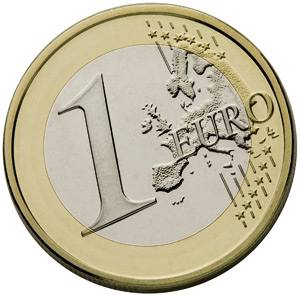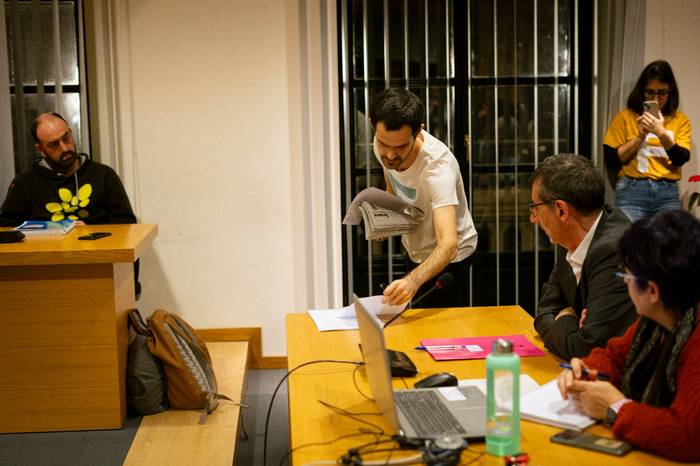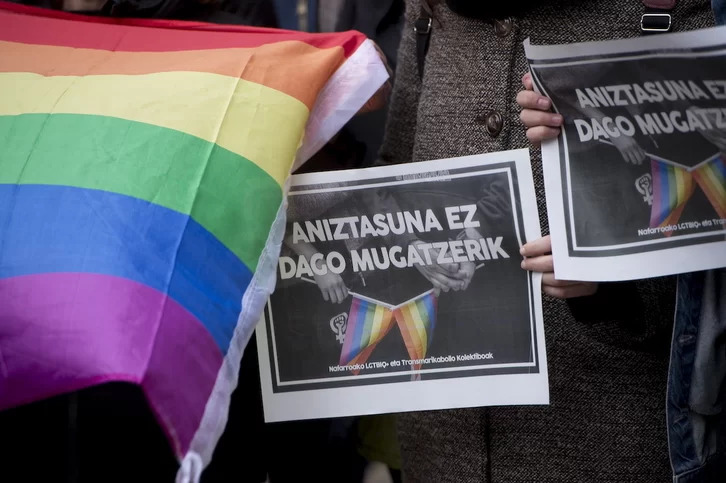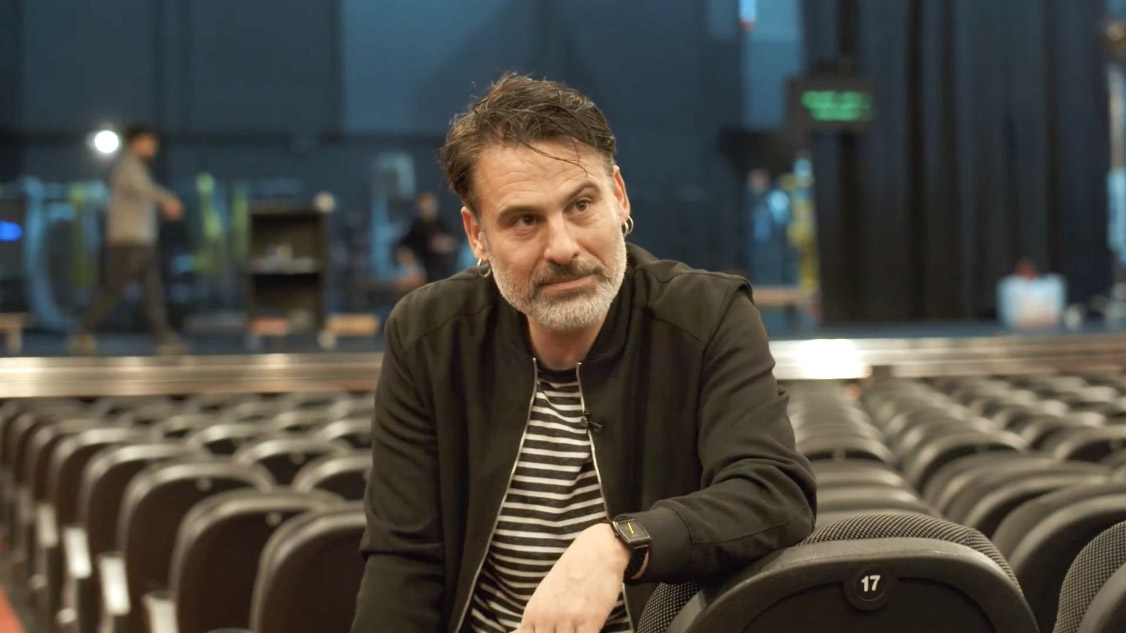Are you at risk of disappearing?
- At a time when the economic and financial situation is critical in Europe and in the world, the solvency of several countries and, therefore, the duration of the European Union and the future of the euro have been called into question. Is there a risk that the euro will burst?

The issue could be a fiction. It is not so absurd, however, in view of the consequences of the economic and financial crisis, particularly in Europe. It is well known that there are countries of the European Union that have insolvency – particularly Greece – and every day we are told that not only companies, but also some European countries are at risk of collapse. This obviously has terrible consequences for families and workers, who lose their jobs and their social rights.
In this context, it is not so unusual to think about whether the euro is going to continue or whether it is going to disappear. Specifically, the 2011 report of the Gaindegia Observatory for Economic and Social Development, which has not yet been published on paper but which can be read on the web www.gaindegia.org, has attempted to answer this question. In it, the economist Joseba Barandiaran reflects on this and, if the euro is broken, what? in the article. We anticipate the conclusion that it is easier to reform Europe than to rule out the euro, it is easier to insert the euro than to remove the euro.
From theory to practice
A Member State of the European Union has, in theory, the opportunity to leave that union and, therefore, to leave the euro. The countries will remain in the euro, provided that they see that they will have a better future as Eurozone countries than if they were to leave the euro – bearing in mind, of course, all the costs that the change would entail.
Current legislation does not provide for the possibility of a Eurozone country leaving the euro. That doesn't mean it's impossible, of course, because laws can be made and they can be changed. In any case, however, there are many legal obstacles to this. On the other hand, there could be a coup d’état, but that new path would also be difficult. Leaving the Euro would be more viable for Germany than for a peripheral country such as Greece, Portugal, Italy or Spain, among other things because it would have to issue a new currency ... and the new drakma, the new peseta or the new lira could not compete with the new framework.
In addition, account must be taken of the logistical difficulties involved in leaving the euro. The issue of new coins and banknotes is not an easy task, as thousands of units are needed, which can hardly be done in secret. On the other hand, the new monetary system must also be approved, and it is not so easy to achieve. In fact, for a country to be able to exchange coins and banknotes it is necessary for them to be publicly exposed to the population in order to avoid confusion and fraud. This requires time and publicity and, as has been said, it is not easy to achieve such recognition. In addition, slot machines and machines and appliances that use physical money in general should also be adapted, such as tolls, public transport tolls, etc. This process is not cheap or short.
The abandonment of the euro means entering a very dangerous path, which would create uncertainty. According to Barandiaran, a new currency could not have exchange value from the very beginning.
Reasons for issuing the new currency
However, it is easy to identify the reasons why a country can issue a new currency. Joseba Barandiaran described some in his article. Once the country’s ability to devalue its currency has been restored, it will gain competitiveness, have a sovereign central bank again and, perhaps, later on, could generate growth and employment. There is, however, a serious problem: it is very likely that this country, be it the state, companies or families, will be indebted in euro, or in another foreign currency. And not only among them, but also with the third creditors. Thus, “their debts would double with the loss of value of the new currency. In other words, these debts would be reckless and would fail in international trade relations, as well as generating legal and economic chaos.”
From a financial point of view, the country issuing the new currency and its companies could be isolated. This situation may result in a shortage of basic and luxury goods, especially the goods that can normally be imported: oil, food, electricity… In addition, closing borders and controlling changes could lead to the resurrection of the estraperlo.
Joseba Barandiaran ekonomialariaren arabera, errazagoa izango da Europa birmoldatzea euroa baztertzea baino. Berak dioenez, Europaren etsai komertzial nahiz politikoek irabaziko lukete gehien euroa lehertuko balitz. Bestalde, ekonomialari honek euroa jaulki aurretik moneta gune bateratu baten egokitasunerako ezarri ziren lau baldintzak gogorarazten dizkigu. Lehenengoa: batasuna, integrazio-komertzial handia duten ekonomien artekoa izatea, ekonomia irekiak izatea. Bigarrena: shock ekonomikoen eragina simetrikoa izatea oro har, hau da, gutxi izatea estatu bati kalte eta besteari mesede egiten dioten shock edo gertaerak. Horretarako, Barandiaranek dio herrialdeek merkataritza intrasektoriala izan behar dutela batez ere, sektoreen artekoa baino gehiago. Hirugarrena: lanaren mugikortasuna moneta batasuneko lurraldean. Eta azkenik, laugarrena: federalismo fiskala.
Horiek dira moneta batasun eraginkorra lortzeko lau baldintzak. Une honetan betetzen al dira? Gaindegiako artikuluan egileak ez dio galdera horri erantzuten, baina euroa lehertuko ez den esperantza du. Errealitatean, berriz, Euroguneko hainbat herrialdetan pentsa daiteke baldintza horiek ez direla betetzen. Beste kontu bat da Euroguneko herrialde batzuek euroa lehertzeko interesa izatea edo ez.
Vagina Shadow(iko)
Group: The Mud Flowers.
The actors: Araitz Katarain, Janire Arrizabalaga and Izaro Bilbao.
Directed by: by Iraitz Lizarraga.
When: February 2nd.
In which: In the Usurbil Fire Room.























